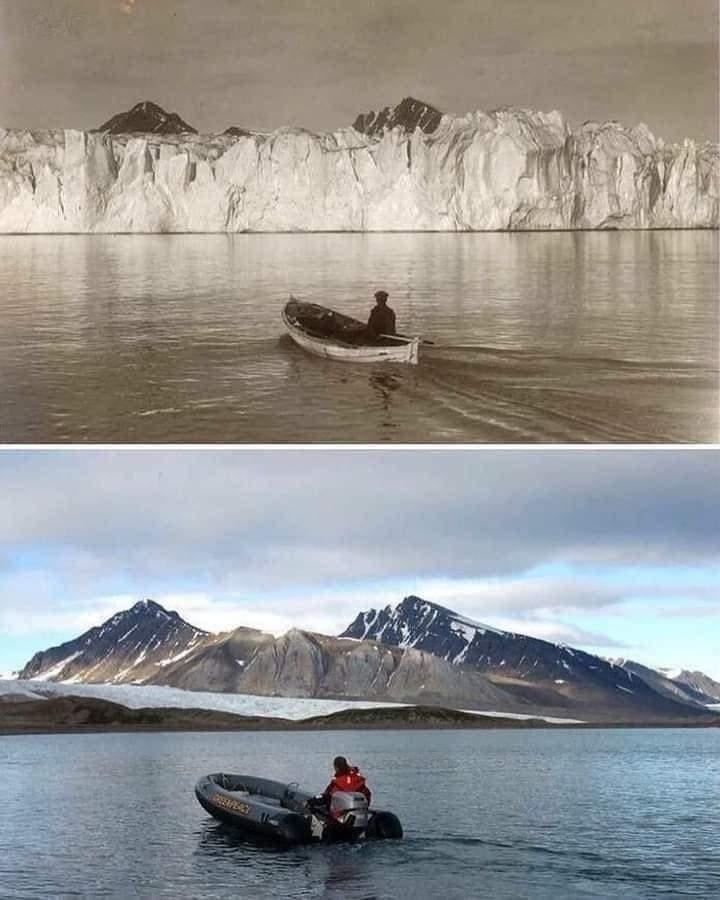this post was submitted on 25 Sep 2024
1204 points (98.9% liked)
pics
19628 readers
96 users here now
Rules:
1.. Please mark original photos with [OC] in the title if you're the photographer
2..Pictures containing a politician from any country or planet are prohibited, this is a community voted on rule.
3.. Image must be a photograph, no AI or digital art.
4.. No NSFW/Cosplay/Spam/Trolling images.
5.. Be civil. No racism or bigotry.
Photo of the Week Rule(s):
1.. On Fridays, the most upvoted original, marked [OC], photo posted between Friday and Thursday will be the next week's banner and featured photo.
2.. The weekly photos will be saved for an end of the year run off.
Instance-wide rules always apply. https://mastodon.world/about
founded 1 year ago
MODERATORS
you are viewing a single comment's thread
view the rest of the comments
view the rest of the comments


I just did reverse image search and found this article from 2002
The Guardian article nailed it, thanks!
It doesn't cite exactly where they got the Greenpeace photo from, but I found it here: https://media.greenpeace.org/archive/Climate-Impact-Documentation-in-Norway--Svalbard-27MZIF4WNED.html
A bit more from the Guardian article: